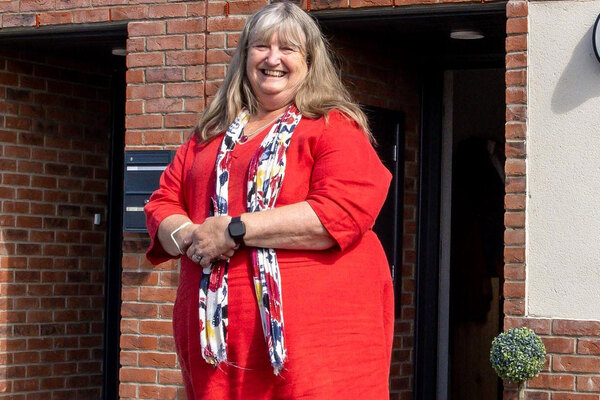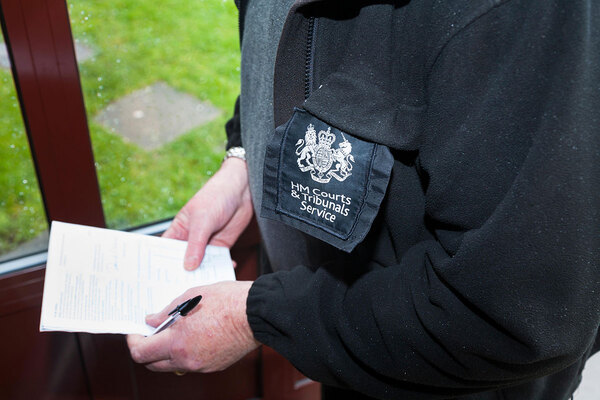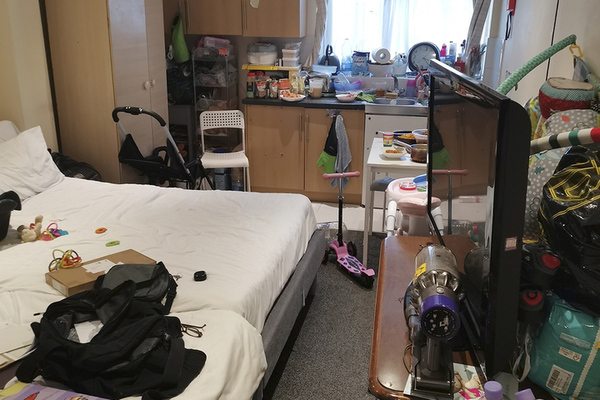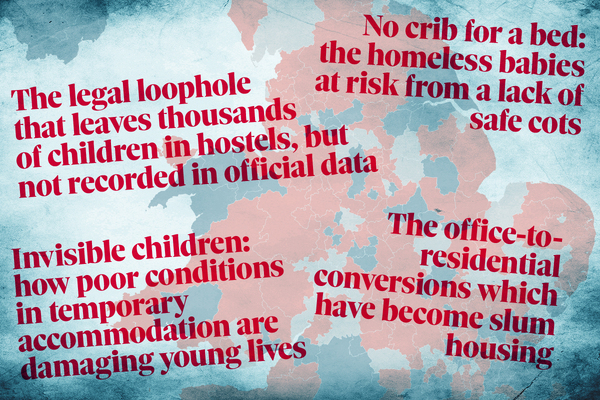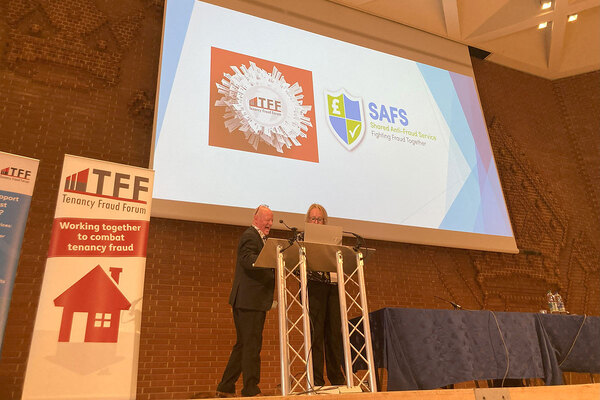You are viewing 1 of your 1 free articles
Regulator warns landlords have ‘way to go’ to meet new consumer standards as inspections loom
The first judgements under the English regulator’s new inspection regime are expected this summer, but most landlords have some “distance to travel” to comply with the standards, a senior figure has warned.

Speaking to Inside Housing, Jonathan Walters, deputy chief executive of the Regulator of Social Housing (RSH), said there were “too many landlords” with out-of-date stock information and the majority will miss out on a top grade for the new revised consumer standards.
“I think the sector has got a way to go to be quite honest,” he stated.
Mr Walters’ comments came as the regulator published a raft of documents confirming how the new regime will operate, following a consultation last summer.
Under the new post-Grenfell system, housing associations and councils will be inspected every four years over the newly revised consumer standards, which cover the condition of homes and how they treat tenants.
This will replace the current in-depth assessment programme and result in a ‘C’ grading being awarded.
It will follow the same lines as the scale under the RSH’s Governance and Financial Viability Standard, with ratings ranging from C1 to C4.
Housing associations will still get a governance and viability grade, but councils will only get a ‘C’ grade. Around 400 landlords will face inspections.
Mr Walters said: “I would suspect that we will see lots of landlords with C2 judgements and some with C3 and C4. We expect that C1 will be a reasonably minority grading.”
The first inspections will start when the new regime takes effect in April, with the initial wave of judgements expected around June, according to Mr Walters.
He added: “Most landlords have got distance to travel to be delivering all the outcomes in the standards.
“They’re ready for the regime, but don’t think they’re all going to be where they want to be or where we want them to be on day one.”
When the consultation was launched, sector figures voiced concern over the need to have an “up-to-date” record on the condition of all homes and how this would be applied.
Replying to this point, Mr Walters said: “There are too many landlords that have out-of-date stock information that is five to 10-years-old and based on desktop exercises.
“We’re not saying on the first of April, you’ve got to go out and do an audit in one day of all of your homes, but you have over a period of time got to get an up-to-date, thorough understanding of your tenants’ homes.”
The RSH is also getting powers to authorise “emergency remedial action” for a home, without a warrant, if there is the “imminent risk of harm”.
However, the English regulator said it only “anticipates that these powers will be used in circumstances where the health and safety of tenants is at imminent or serious risk”.
The RSH is also being handed powers to issue fines of an “unlimited amount” against failing landlords, as the current £5,000 cap is being lifted.
The regulator said it will "consider the individual circumstances" of a case to ensure it is being "proportionate and fair" over the size of a fine. Landlords will also have a statutory right of appeal.
Mr Walters said: "Fines are one of our tools, which could be very helpful, but we will think carefully before issuing them as ultimately they will be paid from tenants’ rents."
Another change is the removal of the serious detriment test in relation to consumer standards. This means the regulator will be able to use it powers more easily without having to prove that a landlord’s failure has resulted in a “serious detriment” to a tenant.
The new regime comes amid a continued heightened focus on the condition of social homes and how landlords treat tenants. Scrutiny began in the wake of the Grenfell Tower fire and has mounted since high-profile media reports on appalling housing conditions and the shocking case of Awaab Ishak.
Mr Walters also acknowledged there was “nervousness” among councils over how the new system will work as their housing services will face an inspection regime for the first time in 14 years.
“For them, that’s going to be a big change, having somebody come out and proactively look at their housing service,” said Mr Walters.
“They’ve not had that since the Audit Commission was abolished in 2010.”
But he added: “We’ve been working with councillors and officers to try and make sure they’re familiar with us and we’re familiar with them.”
As a result of the new powers, the RSH has been on a recruitment drive, which has seen its workforce nearly double in size to 270 staff. Around half of those will be doing “frontline regulatory engagement”, Mr Walters said.
Sign up for our legal and regulation newsletter
Already have an account? Click here to manage your newsletters



